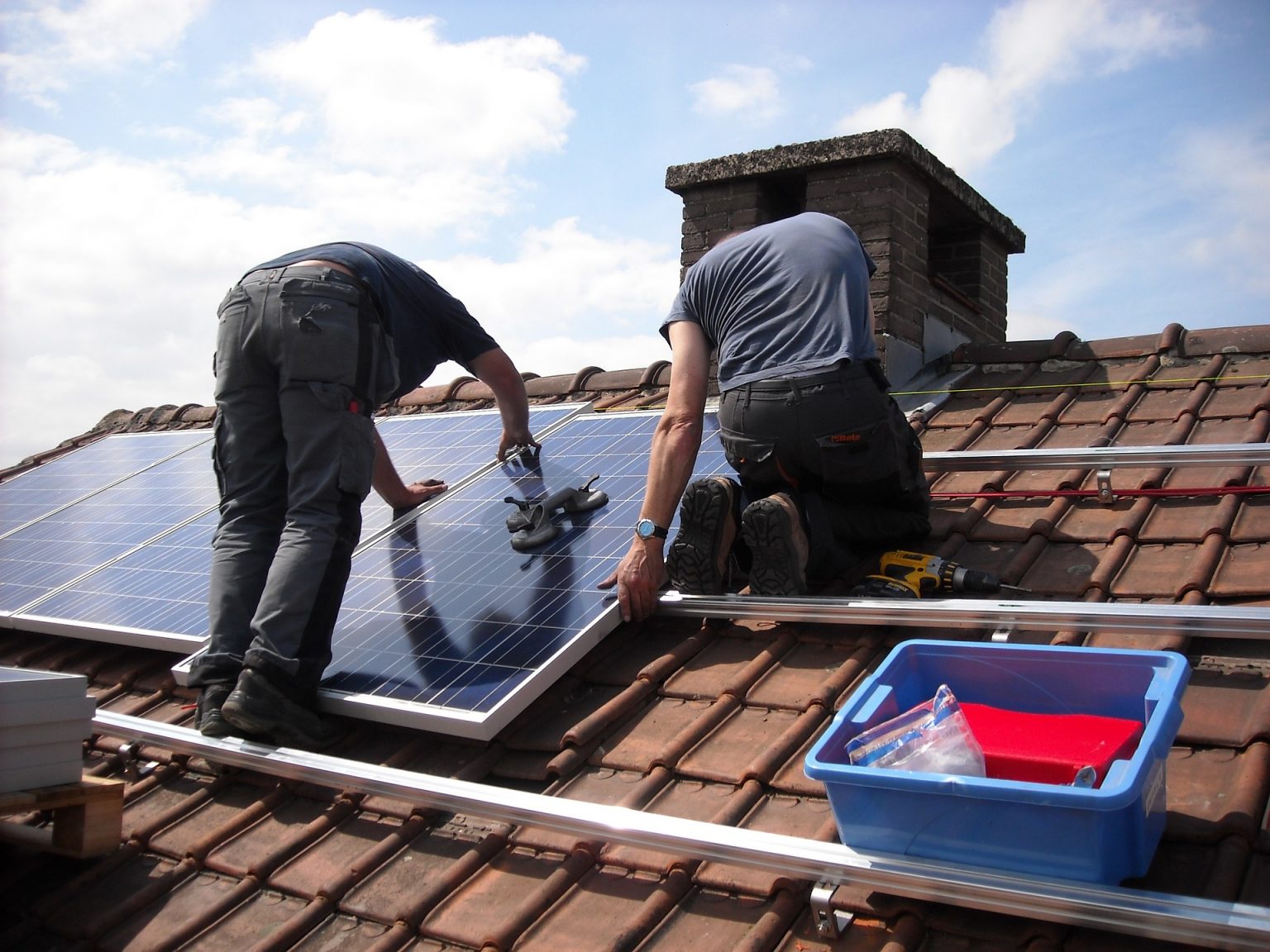Rural health centres plan an important role in providing essential medical services in remote communities and improving the quality of life for rural residents.
A world Health Organisation and World Bank publication on “Access to modern energy services for health facilities in resource- constrained settings” notes that electricity may have a substantial impact on various essential health service indicators. This includes extending night-time service provision, attracting and retaining qualified health personnel, and promptly responding to emergencies, notably during delivery emergencies.
Sadly, most Zambian rural clinics lack access to reliable electricity due to their remote location from the national grid. Hence, their capacity to deliver quality healthcare is typically hampered.
The main question is: what can the public and private sectors do to solve this massive problem affecting these under-served communities?
Jointly, both sectors can step up to provide off-grid renewable systems, which present an opportunity to provide reliable, low-carbon electricity to rural clinics for lifesaving procedures that might not otherwise be feasible.
With this approach, we will see many remote clinics having access to power for simple medical devices and instruments, such as refrigeration for vaccines and medical supplies, as well as lighting for childbirth and safe night-time emergency care.
In 2022, the Multi-Stakeholder Coalition (Coalition), comprised of representatives from government agencies, healthcare associations, private sector renewable energy solution providers, medical equipment manufacturers, international donors, and civil society organisations, collaborated to identify solutions to problems relating to the electrification of healthcare facilities.
The Coalition later issued a “Call to Action” to raise funds for Zambia’s electrification of medical facilities and boost the urgency among funders and development partners to collaborate with the government to provide financial and technical support.
In this light, Prospero Limited, a private sector development entity, is proud to be the first mover to respond to the call to action by funding three private solar companies to electrify twenty- three (23) rural health facilities spread across Eastern, Northern and Southern Provinces of Zambia.
A Memorandum of Understanding was signed between the Ministry of Health (MOH) and Prospero, allowing the three private companies to easily access government clinics in the three regions.
The three companies supply electricity to the clinics at no cost but sell excess power to local businesses to generate revenue for routine maintenance of panels, inverters, batteries, and other auxiliary equipment.
This initiative is good for the sustainability of these private sector companies and benefits local SMEs, who can now use the same electricity to provide the community with welding, photocopying, printing, cold storage, hair saloon and barbershop services.
With the right mix of technical, financial, and government support, a good number of rural health clinics can have access to electricity, and this can dramatically improve the quality of healthcare services provided in Rural Zambia.
This can also contribute to the attainment of government’s goal of providing equitable quality health care services for all.
In conclusion, investing in the electrification of Rural Health Clinics is a vital step towards attaining broader development goals, such as poverty reduction and economic growth.
Written By: Mirriam Musonda- Outreach and Knowledge Management Officer
Email: [email protected]

